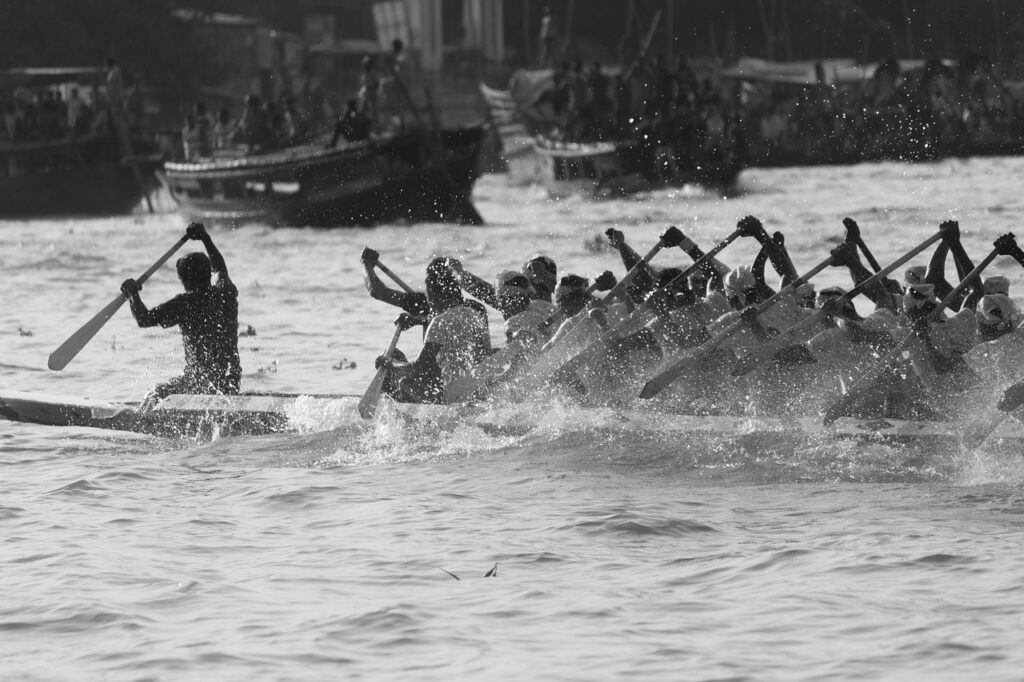During the fasting period before blood work, many people wonder if drinking water is allowed. The good news is that drinking water is usually permitted during this time. In fact, staying hydrated is important to help keep you comfortable while fasting.
It’s worth remembering that fasting before blood work is necessary to ensure accurate results. Certain tests, such as cholesterol and glucose tests, can be influenced by recent food consumption. That’s why fasting allows for a clearer picture of your body’s natural state.
Drinking water doesn’t affect the results of blood tests. It can also prevent dehydration during your fasting period. However, other beverages like juice, coffee, and soda should be avoided. These drinks can alter blood test results and can compromise the accuracy of the test results.
It’s important to prepare for your fast before your blood work appointment. Speak with your doctor or healthcare provider to learn about specific requirements or restrictions when fasting. Additionally, try to schedule your appointment at a time that makes fasting easier, such as early in the morning when you can sleep through a portion of the fasting period.
In conclusion, drinking water is usually allowed during fasting for blood work. Staying hydrated is important and can prevent discomfort during the fasting period. Just remember to avoid other beverages and prepare ahead of time to make fasting easier.
The Importance of Fasting for Blood Work
It’s important to fast before having blood work done because it helps ensure accurate test results. Certain tests, like cholesterol and glucose tests, may be affected by recent food consumption. By fasting, the results of these tests can provide a clearer picture of the body’s natural state.
The length of time you may need to fast varies depending on the tests being done. Some tests may require an overnight fast of eight to twelve hours, while others may require only a few hours without food or drink. Your healthcare provider will provide you with specific instructions on how long you need to fast before your blood work.
In addition to fasting, it’s also important to avoid certain medications and supplements before blood work. These can interfere with test results and may need to be discontinued before your appointment.
Overall, fasting is an important part of preparing for blood work. It helps ensure accurate and reliable test results and provides valuable information about the body’s natural state. Before fasting, make sure to speak with your healthcare provider about any specific requirements or restrictions that may apply to you.
Water and Fasting for Blood Work
If you’re wondering whether you can drink water during the fasting period before having blood work done, the good news is that generally, you can. Drinking water is not likely to interfere with your blood test results, and it’s important to stay hydrated during your fast.
Despite the fact that water is generally allowed, it’s crucial to avoid other beverages like juice, coffee, and soda. These drinks can contain sugar or caffeine that may affect your blood test results, making it difficult to get an accurate picture of your natural bodily state.
It’s also a good idea to plan ahead and schedule your blood work for a time when it will be easier for you to fast. This may mean scheduling an early morning appointment so that you can have your fasting period before going to bed, or simply ensuring that you have access to water throughout the day to stay hydrated and comfortable.
Before fasting for blood work, be sure to speak with your healthcare provider to learn about any specific requirements or restrictions that may apply to your individual situation. This can help ensure that you’re fully prepared for your fast, allowing you to get the most accurate and informative blood test results possible.
Other Beverages to Avoid
While water is generally allowed during fasting for blood work, other beverages like juice, coffee, and soda should be avoided. These drinks can potentially affect blood test results and interfere with the accuracy of the tests. For example, some juices contain high amounts of sugar which can affect glucose test results. Coffee and soda, on the other hand, can affect lipid levels and cause false positives for certain tests.
It’s important to follow your healthcare provider’s instructions regarding which beverages to avoid during fasting. If you have any doubts or questions, it’s best to consult with your provider prior to your appointment. In some cases, they may advise you to avoid certain foods and beverages for longer periods of time before the test in order to obtain more accurate results.
Preparing for Your Fast
Before you fast for blood work, it is crucial to consult with your doctor or healthcare provider to know if there are any specific requirements or restrictions that you should be aware of. Depending on your health condition, medication use, and other factors, your doctor may recommend a different fasting schedule or ask you to avoid certain foods and drinks before the test.
In addition to consulting with your doctor, it is also a good idea to plan ahead and schedule your appointment during a time when it will be easier for you to fast. Early morning appointments are often recommended since you can fast overnight before the test and minimize the time without food during the day. However, if you have other commitments or work schedules that prevent you from fasting at a certain time, it is important to inform your healthcare provider and schedule the appointment accordingly.


